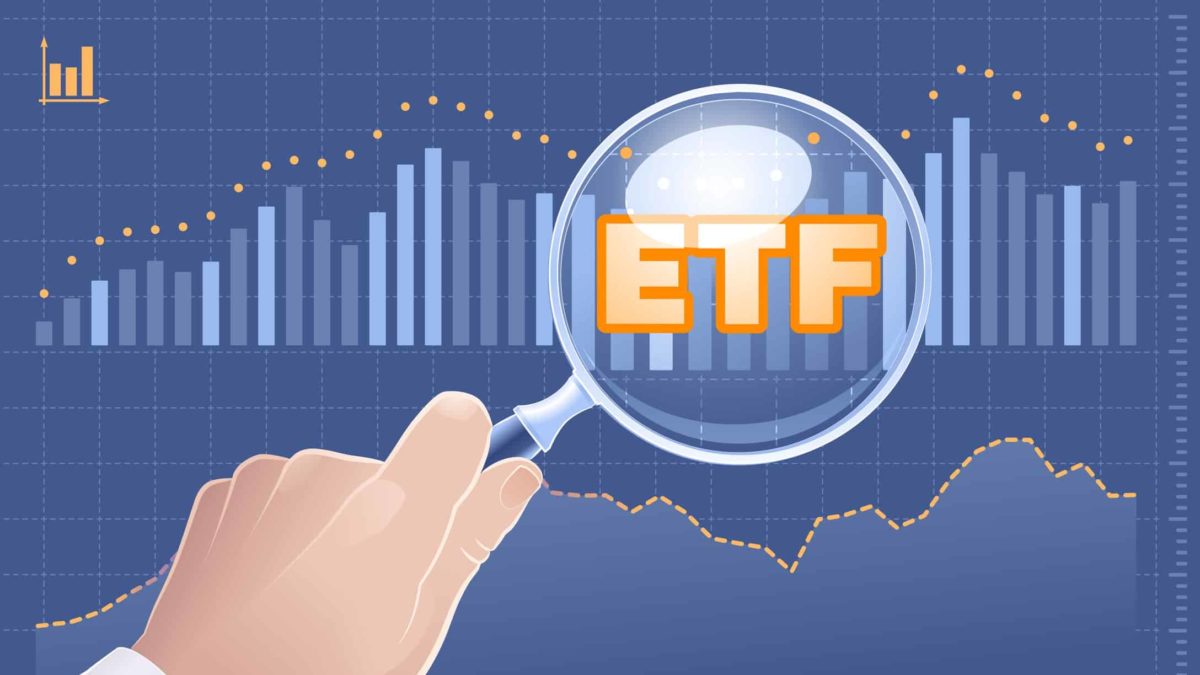The Vanguard US Total Market Shares Index ETF (ASX: VTS) is an exchange-traded fund (ETF) that has been growing in popularity on the ASX in recent months.
That's understandable, with VTS being a rather unique index fund on the ASX. No other Australian-listed ETF offers comprehensive exposure to the American markets like VTS does. Rather than tracking the more popular S&P 500 Index (SP: .INX) or NASDAQ-100 (NASDAQ: NDX), VTS mirrors the CRSP U.S. Total Market Index.
That means instead of tracking 100 or even 500 individual companies, VTS houses an extraordinary 3,648 underlying stocks at the latest count.
This index fund has had an extraordinary 2024 financial year to date. Vanguard tells us that, as of 30 April, VTS units have returned a massive 24.59% over the preceding 12 months. That includes both capital growth and dividend distributions. What's more, since 30 April, those units have added another 5% or so as of today's pricing. So an extraordinary performance from VTS.
Even long-term investors might be surprised by these incredible returns. VTS has historically delivered meaningful gains. As of 30 April, investors have received an average of 14.2% per annum from VTS units over the past five years. That rises to an average of 15.85% per annum over the past ten.
Check that all out for yourself below:
But all of that is in the past now. So what can investors expect from the Vanguard US Total Markets ETF over the coming 12 months of FY2025?
What does FY2025 hold in store for the ASX's VTS?
Accurately predicting the future for even one stock's share price for a 12-month period is a near-impossible task. But predicting the fate of the 3,648 companies that will ultimately decide how the VTS ETF fares on the ASX over the coming financial year is a laughably ludicrous endeavour.
Even so, we can still point out a number of factors that VTS investors might want to keep an eye on over the coming 12 months.
You'd think that with over 3,600 individual holdings, the VTS ETF would be a highly diversified fund. You'd be correct, but only to a certain point. Despite this ETF's bulging portfolio of underlying US shares, it is still highly top-heavy. Of its myriad holdings, the largest ten positions in this fund make up nearly a third of VTS' weighted portfolio at 29.4%.
Like most US-based ETFs these days, those largest holdings are none other than the American tech behemoths that we all know and love. Going from largest to sixth-largest, we have Microsoft, Apple, NVIDIA, Alphabet, Amazon and Meta Platforms.
Given these six stocks have such a disproportionate weighting within this index fund, its performance over the coming 2025 financial year will largely be dictated by how these companies themselves fare. It's no coincidence that all six of these tech giants have had a fantastic FY2024, in addition to the Vanguard US Total Markets ETF.
What will make or break the Vanguard US Total Market Shares Index ETF?
I think the performance of these stocks over the coming 12 months will be determined by their own earnings reports, as well as the actions of the US Federal Reserve. If the Fed cuts interest rates over the next year, as many commentators expect them to, it could turbocharge the entire VTS ETF.
There's also a major event scheduled for the 2025 financial year that has the potential to dictate what happens with this ETF. That would be the United States' 2024 Presidential Election, of course. In addition to the Presidential Election, the entire US House of Representatives will also be up for election, as will a third of the US Senate.
The outcome of these elections will probably also have an impact on VTS' FY2025. Markets seem to like it when a divided government (neither party has a majority in both houses of Congress) is elected. So if neither Joe Biden's Democrats nor Donald Trump's Republicans win the Presidency as well as both houses of Congress, I would expect a positive reaction from the markets.
So those are the factors I'd be keeping an eye on over FY2025 if you own ASX units of the VTS ETF. No doubt investors will be hoping for a repeat of FY2024's performance. But we'll have to wait and see what happens.









